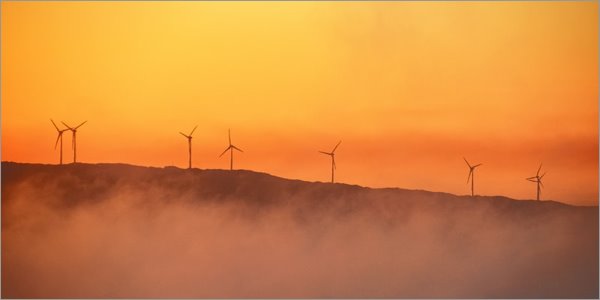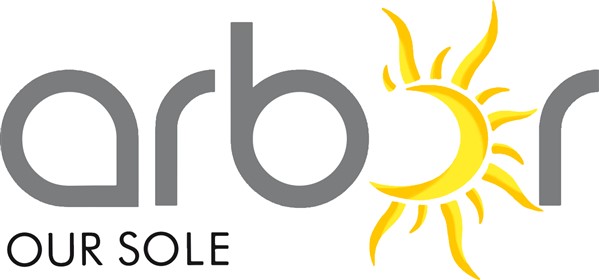
What is SOLE?
The SOLE approach promotes an efficient and competitive business model, in line with the objectives of the European Green Deal.
Arbor, with the OUR SOLE project, has adopted the concepts contained in the acronym SOLE (Sustainable, Olistico/Holistic, Lean and Effective) making it an integral part of its visual identity and thus giving greater strength to a project capable of linking strategic themes together, such as energy efficiency, use of renewable energy sources and the circular economy.
For more information on the SOLE approach, visit the APE FVG website https://www.ape.fvg.it/transizione-energetica-per-le-imprese/
The European Green Deal
In fact, in 2021 the EU made climate neutrality, or the goal of zero net emissions by 2050, legally binding within the European Community. It also set intermediate targets to be achieved by 2030 (compared to the values recorded in 1990), a 55% reduction in greenhouse gas emissions, a 32.5% increase in energy efficiency and a 32% increase in use of energy from renewable sources.
The European objectives 2030 – 2050
Energy from renewable sources: sun, wind, biomass, water! Resources which, following their use, are not subject to exhaustion because they are naturally reintegrated in a human time scale.
Greenhouse gas emissions: gases that affect the earth's energy balance and the regulation of the planet's temperature.
Climate neutrality: it is achieved when an activity is climate neutral, or if it does not have an impact on the climate by generating zero net emissions of CO2 or greenhouse gases.
Arbor's Path to Climate Neutrality - Past, Present and Future
The path then continued with the recent energy efficiency measures and increase in the use of energy from renewable sources, characterized by significant investments in the production site.
All this has generated significant energy savings and thanks to the recommendation of the Legno Arredo Casa FVG Cluster, Arbor was also mentioned by APE FVG as "Good Practice" within the European CAESAR project.
The benefits of an environmental and economic nature must therefore also be added to that of greater visibility and strengthening of its positioning on the reference markets, which are increasingly sensitive to environmental issues.
https://www.project-caesar.eu/wp-content/uploads/2021/04/Caesar-Booklet-Apr_2021.pdf
The interventions carried out resulted in:
Replacing the compressor with a new inverter compressor
Replacement of the biomass boiler with greater efficiency and lower emissions into the atmosphere
Traditional lighting replacement with LED system
Installation of a 433 kWp photovoltaic system
The installation of the photovoltaic system alone guarantees the company the following positive effects:
Greenhouse gas emissions [tCO2eq]: -22%
Use of energy from renewable sources: + 22%
Costs of electricity: - 30%
https://www.regione.fvg.it/rafvg/cms/RAFVG/igianato-imprese/industria/FOGLIA7
Additional 310 kWp photovoltaic system
The increase in the total nominal power up to 750 kWp will allow to exceed the target value of + 32% of energy use from renewable sources, eight years earlier than required by the European Green Deal.
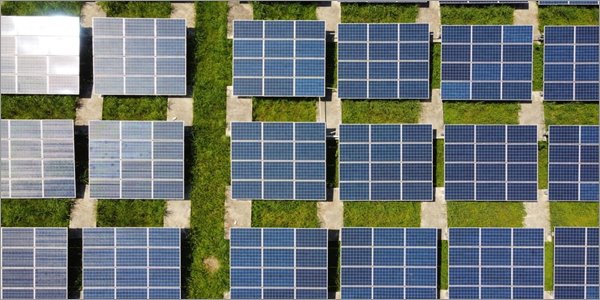
Lean transformation - Toyota MHIT
Launch of a specific Lean consultancy for the analysis of the production process with the aim of building an effective and efficient monitoring system for the search for waste and its elimination in order to produce more with less consumption of resources
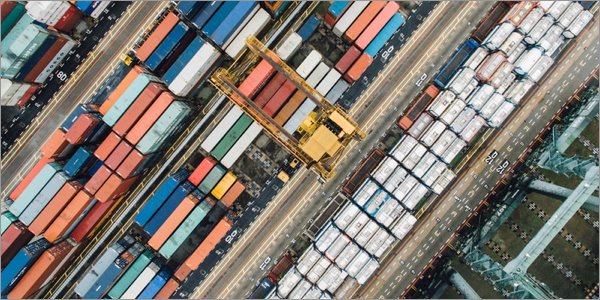
Constant monitoring of production consumption - APE FVG
Monitoring of energy flows with hardware and software system installation, capable of correlating the energy performance indexes and those of production performance. Management, processing and analysis of the data monitored through a special energy portal.
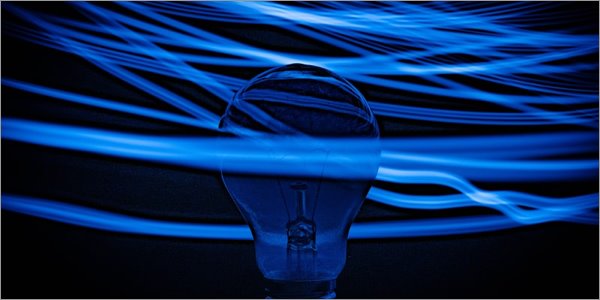
Renewable Energy Community, CER - APE FVG
Involvement of employees and third parties for the sharing and exploitation of the renewable energy source installed in the company and in the private premises of the participants in the initiative
